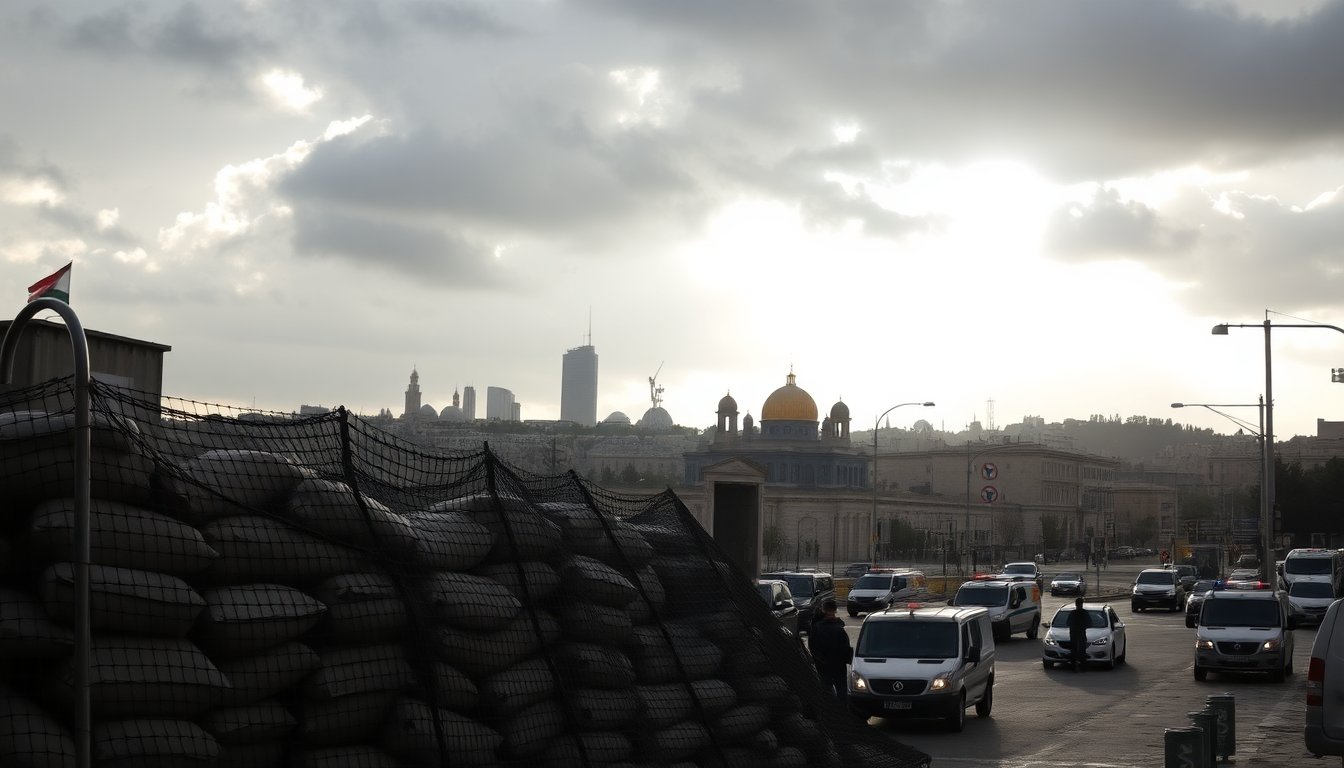Table of Contents
In the complex landscape of Israeli politics, Prime Minister Benjamin Netanyahu has demonstrated a notable ability to navigate through adversity, often employing a shifting array of positions regarding the Gaza ceasefire. His tactics reflect not only a political strategy but also the weight of domestic pressures and international expectations. For nearly two years, Netanyahu has shown reluctance in agreeing to a ceasefire, a situation that has intensified the humanitarian crisis in Gaza and complicated peace efforts.
Netanyahu’s Evolving Position on Ceasefire
Netanyahu’s approach to a potential ceasefire has been anything but straightforward. In November 2023, a temporary agreement led to the release of 110 hostages taken during Hamas’s assault on Israel. However, this brief window of hope quickly closed as Netanyahu declined to extend the ceasefire, leaving many captives in limbo. This pattern—where opportunities for peace are quickly undermined—has become characteristic of his leadership.
Throughout 2024, whenever a ceasefire appeared imminent, Netanyahu would introduce new conditions or alter existing ones, effectively shifting the goalposts. An instance of this occurred in May 2024, when, after Hamas accepted a proposed ceasefire, the Israeli government launched an invasion of Rafah instead. By September, Netanyahu insisted on permanent Israeli control over the Philadelphi Corridor, a demand that both Egypt and Hamas found unacceptable.
Even amid diplomatic overtures from allies like the United States, Netanyahu often sidestepped proposed solutions. When U.S. President Joe Biden presented a ceasefire plan, Netanyahu remained silent, resulting in no agreement. His actions suggest a deliberate strategy to maintain a foothold in the ongoing conflict while managing the expectations of various stakeholders.
Political Calculations Behind the Ceasefire
Netanyahu’s political maneuvering can be attributed to several factors. First, there is his reliance on far-right political factions to maintain his coalition government. These factions, represented by figures such as National Security Minister Itamar Ben-Gvir and Finance Minister Bezalel Smotrich, have a vested interest in continuing military operations rather than pursuing a ceasefire. Their influence is crucial for Netanyahu, as any move towards peace could jeopardize the stability of his government.
Moreover, Netanyahu’s personal legal troubles further complicate his political landscape. Facing corruption charges, remaining in power is essential for him to avoid potential imprisonment. This precarious position drives his reluctance to engage in peace talks that might be perceived as capitulation.
In a country where coalition politics reign supreme, the necessity of keeping diverse interests aligned is paramount. Netanyahu’s ability to juggle these competing priorities enables him to defer decisions that could alienate crucial support. However, this balancing act is fraught with risks, especially as public sentiment and international opinion continue to shift against prolonged military engagement.
The Human Cost of Political Delays
The ongoing conflict has exacted a heavy toll, particularly on the Palestinian population in Gaza. Reports indicate that over 64,800 Palestinians have lost their lives due to the violence, with countless more suffering from the ensuing humanitarian crisis. Israeli captives, like Matan Zangauker, remain in precarious situations, as families continue to plead for resolution and accountability.
As Netanyahu continues to navigate the intricate waters of domestic and international politics, the question remains: how long can he sustain this approach? The potential for increased dissent, both from within the military and among the general populace, looms large. The upcoming elections in October 2026 will serve as a critical juncture, where Netanyahu will need to present tangible successes to secure public support amidst growing opposition.
Ultimately, the ramifications of Netanyahu’s decisions extend beyond his political survival; they impact lives on both sides of the conflict. Until a viable and lasting solution is sought, the suffering in Gaza—and the broader implications for regional stability—will persist, leaving many to wonder how long this delicate balancing act can continue without a definitive resolution.


